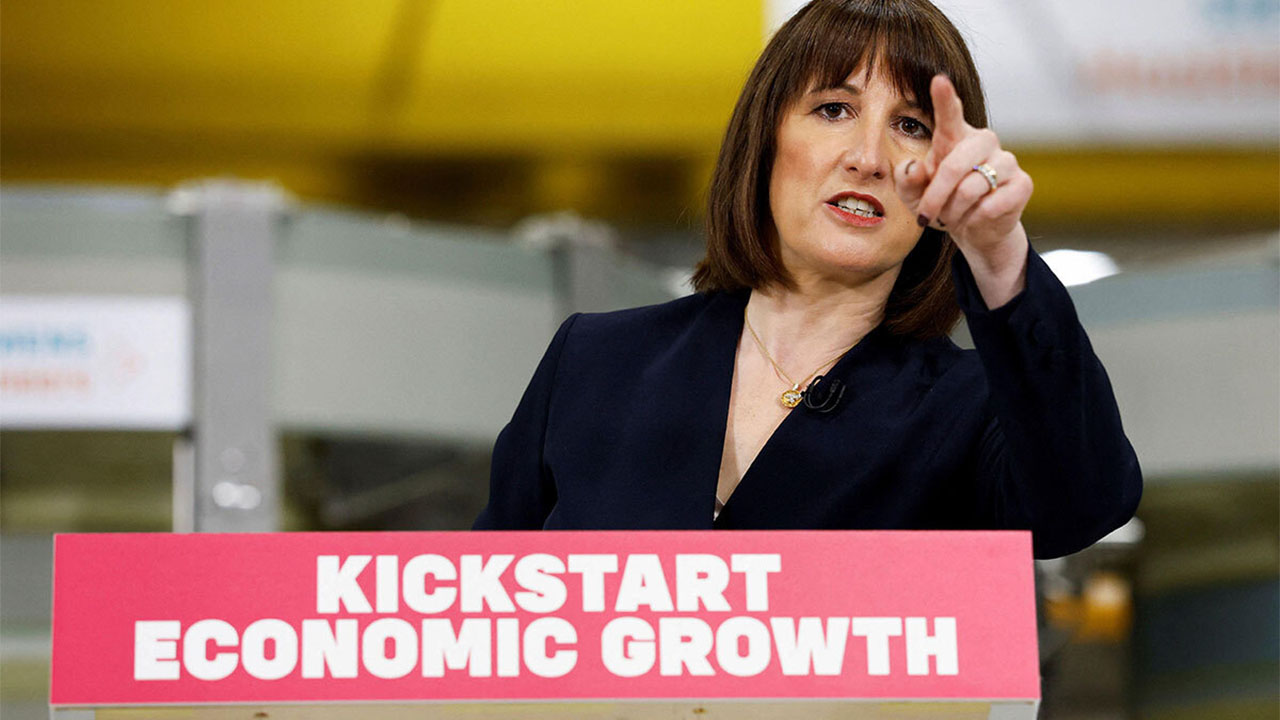A legal expert has warned employers that existing contracts may not be flexible enough to allow them to change working arrangements for staff returning to work following the lockdown.
Emma Saunders, senior associate solicitor in the Employment team at regional law firm Napthens, warns that for many people returning to work, the implementation of workplace social distancing measures and other practical measures to keep staff and customers safe may mean a change in their duties and working hours.
Emma explained: “It may be that some roles simply cannot be carried out in the way they were before the onset of Covid-19 and lockdown, so a business may need to work with its staff to alter the way they work and their role and responsibilities accordingly.
“Employers should consider whether the terms of each worker’s contract provide sufficient flexibility to implement changes, or whether a variation of contract is necessary – either on a temporary or permanent basis. If a variation of contract is needed, formal consultation may be required, on either an individual or collective basis.
“Employers should also ensure that any changes they are proposing to make do not have an unjustifiable, negative impact on some groups compared to others – for instance those with caring responsibilities or religious commitments. Any business looking to make significant changes should seek appropriate legal advice.”
Government guidelines for maintaining social distance in the workplace include rules such as operating staggered arrival and departure times, and encouraging staff to bring their own lunches rather than rely on a staff canteen.
Emma added: “Some changes seem simple, but together may have a significant impact on the way people work. They may also affect people’s personal lives if they have childcare and other issues.
“Many businesses are also continuing to utilise homeworking and have plans to carry on doing so for some time – for many it has become an efficient, flexible way of working. Again, existing contracts may have been drawn up with a more traditional workplace and less flexible ways of working in mind.”









